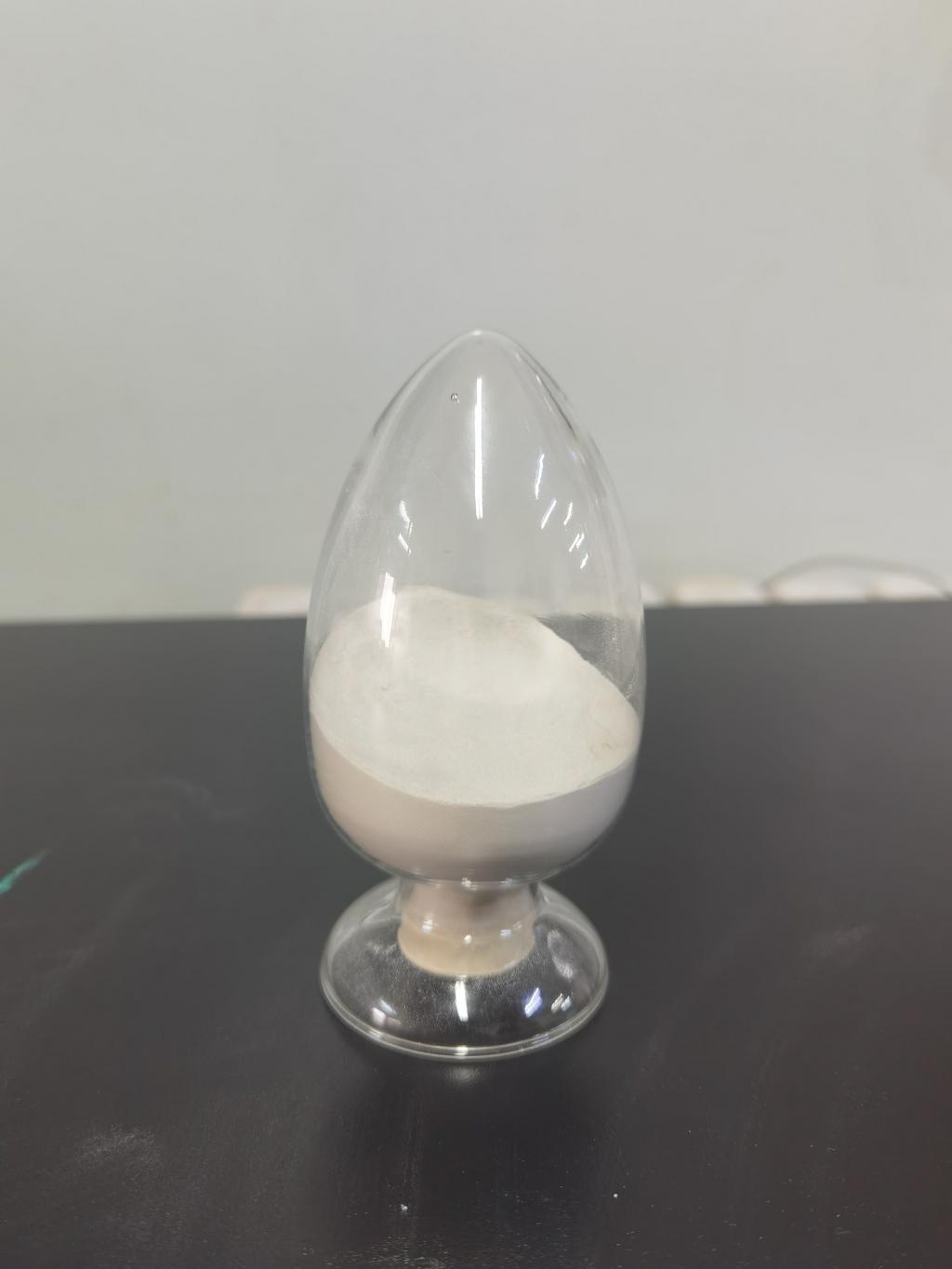Tel:0086 18231198596

News
How is Nisin produced?
TIME:2023-03-13
The first step in nisin production is the selection of a suitable strain of Lactococcus lactis. This is typically done by screening a large number of bacterial strains for their ability to produce nisin. Once a suitable strain has been identified, it is cultured in a nutrient-rich medium under controlled conditions, typically in a bioreactor or fermenter.
During the culture process, the Lactococcus lactis bacteria produce nisin as a defense mechanism against other microorganisms in their environment. The nisin peptide is secreted by the bacteria into the surrounding medium, where it acts to inhibit the growth of other bacteria, including harmful pathogens.
Once the culture has reached a sufficient level of nisin production, the nisin peptide is isolated and purified. This is typically done using a combination of filtration, centrifugation, and chromatography techniques. The end result is a highly purified form of nisin that can be used as a preservative in food products.
One important consideration in nisin production is the potential for contamination with other microorganisms. Because nisin is produced by bacteria, there is a risk that other bacteria or fungi may also grow in the culture medium. To prevent this, the culture process is typically carried out under sterile conditions, and the growth medium is carefully controlled to prevent contamination.
Another important factor in nisin production is the optimization of the culture conditions to maximize nisin yield. This may involve adjusting parameters such as temperature, pH, and nutrient concentrations to create an environment that is optimal for nisin production. The use of genetic engineering techniques to modify the Lactococcus lactis strain may also be used to increase nisin yield.
Overall, the production of nisin is a complex process that requires careful control and optimization of the culture conditions. With careful attention to quality control and process optimization, however, it is possible to produce high-quality nisin peptides that can be used as a natural preservative in a wide range of food products.

 CONTACT
CONTACT




